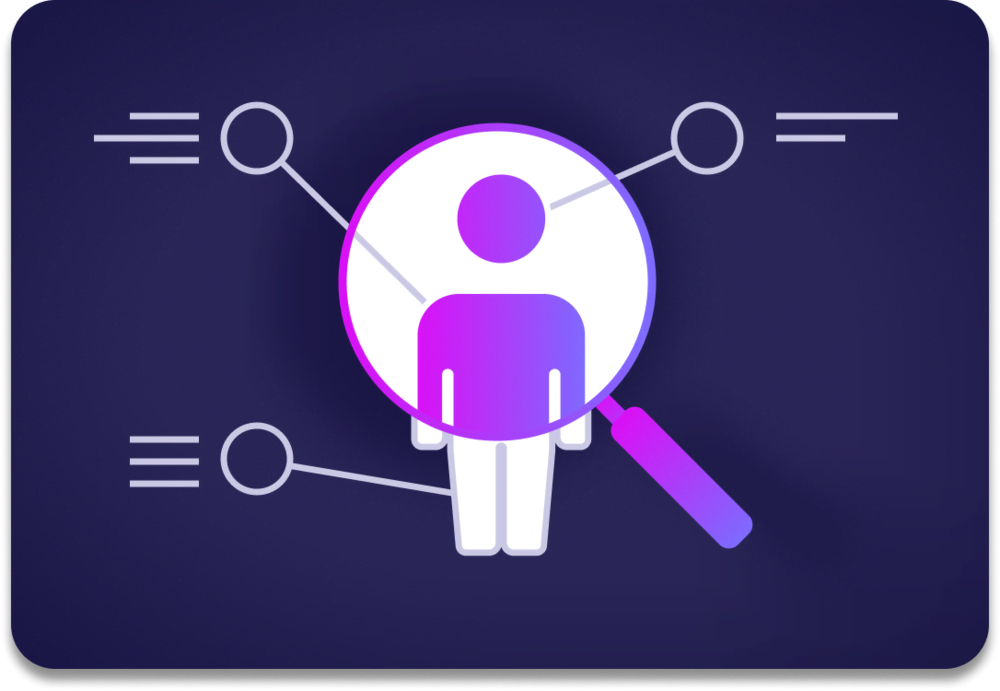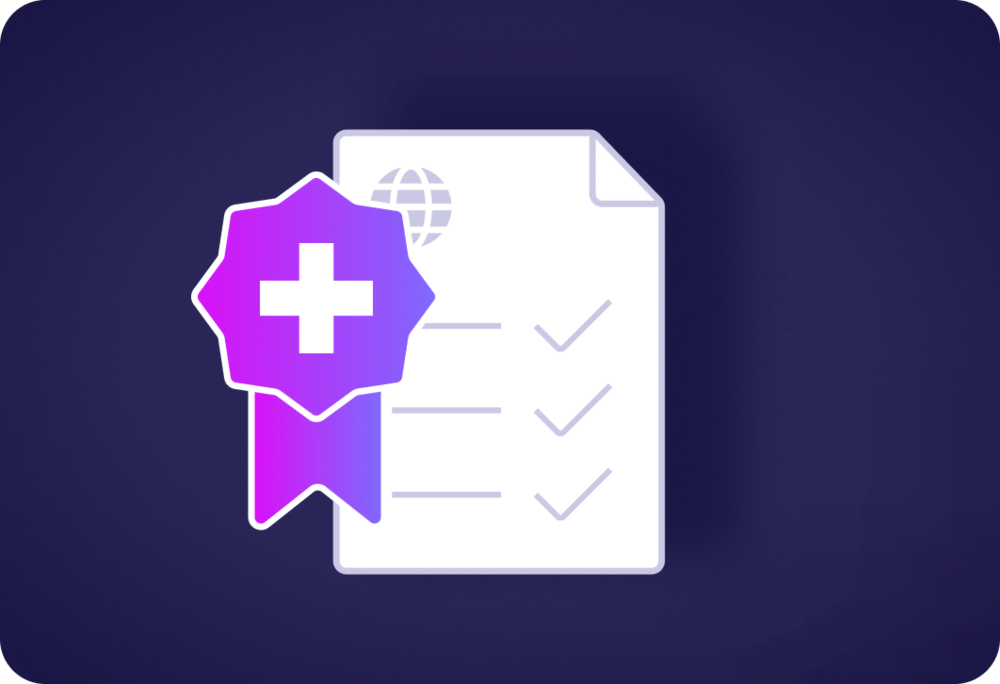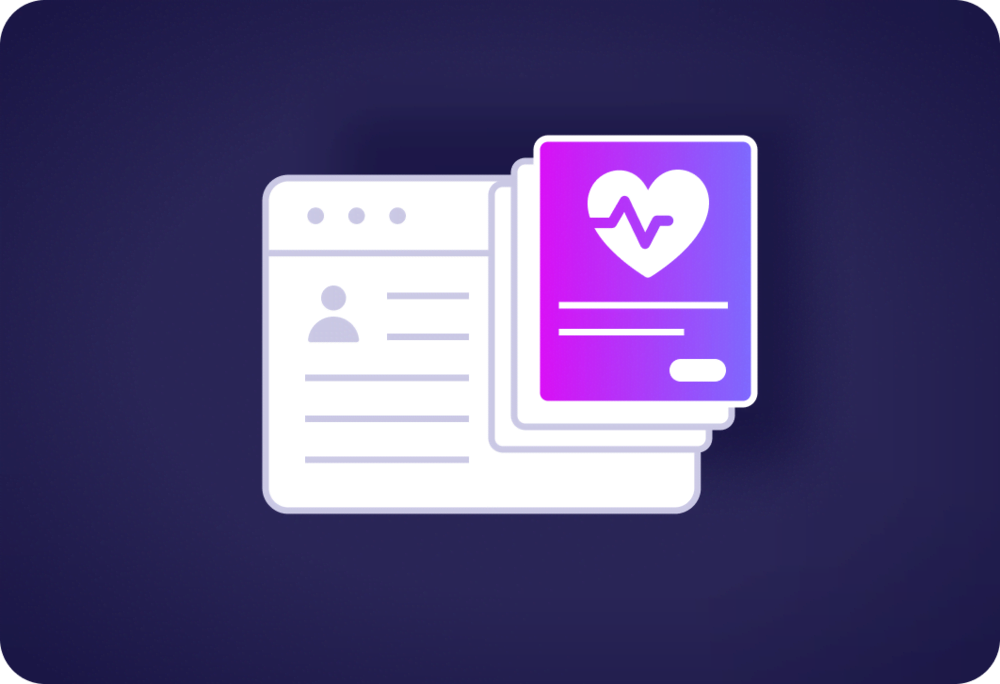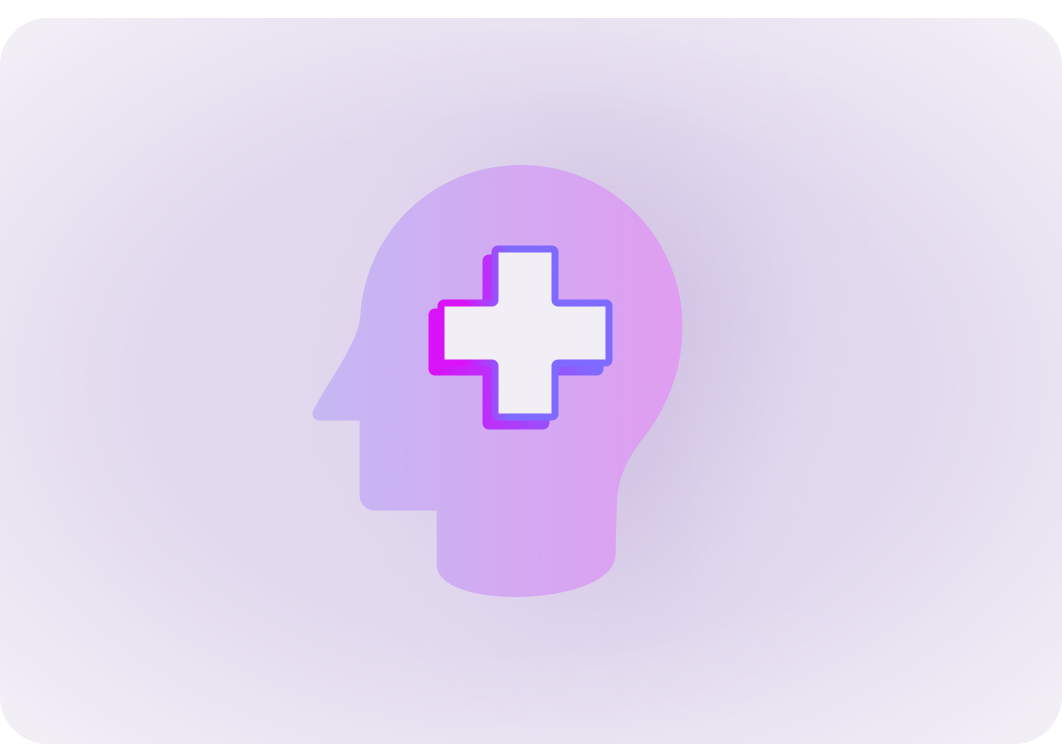Detect tardive dyskinesia before it’s too late
You can bring AIMS assessments to your organization with free EHR advisories. Schedule a 15-minute demo to see the advisories in action and find out how they can help your practice.
Schedule your demo of the Amalgam platform
Here at Amalgam, our algorithms and applications have supported nearly 10 million patients and have helped providers make over 50 million decisions.
In the demo, you’ll learn more about:

Turnkey EHR solutions that equip healthcare providers with actionable clinical guidance.

Patient support applications or regulated Software as a Medical Device (SaMD) products that drive positive clinical outcomes.

Our platform approach that enables healthcare providers, life sciences companies, and health plans to improve patient access to care.
Talk to an expert on the Amalgam team.

Dr. Howard is a psychiatrist at CNSL, a behavioral health practice in the greater Atlanta metropolitan area, that is part of Privia Health. He serves as an adjunct faculty member of the Morehouse School of Medicine.
Watch the Becker's Hospital Review webinar featuring Jordan Howard, MD.
More than 600,000 Americans are affected by tardive dyskinesia

Even with the improved safety profile of second generation antipsychotics (SGAs), an estimated 1 in 5 patients on SGAs will develop tardive dyskinesia (TD).
And it’s estimated that 45-60% of prescriptions for antipsychotics among Medicare beneficiaries are written by primary care physicians (PCPs).
But with a simple EHR reminder to conduct a 10-minute assessment, providers can diagnose movement disorders early to help minimize or eliminate the symptoms.
Improve care for drug-induced movement disorders with EHR advisories
The Abnormal Involuntary Movement Scale (AIMS) is often overlooked in clinical settings, despite being the recommended standard of care for diagnosing and tracking drug-induced movement disorders (DIMD). But with free, automated EHR advisories, your organization can conduct simple, 10-minute AIMS assessments to improve care for a vulnerable patient population taking antipsychotic medications.

The Standard of Care
The American Psychological Association (APA) recommends that all patients taking antipsychotics get regular screenings for movement disorders, including TD.

AIMS Advisories
Developed by the National Institute of Mental Health (NAMI), the AIMS assessment is a standardized instrument used to help identify the signs and symptoms of involuntary movement characteristics, such as TD, caused by antipsychotic medications.
“A proper AIMS assessment is indispensable to mapping the trajectory of a patient’s treatment for both first and second generation antipsychotics.”
Dr. Jordan Howard, Board Certified Psychiatrist

The Clinical Benefits
With AIMS Advisories by Amalgam Rx, every patient who needs an assessment can get one at the right time, thanks to a simple recommendation at the point of care in the electronic health record (EHR).
How do the AIMS advisories work?
Decision Support
TARDIVE DYSKINESIA assessment is recommended during ea visit and
AIMS score every 6 months while on causative agent. Last recorded AIMS is 12-21-20. Recommend AIMS screening, in Review Section.
View detailed guidance from APA, sponsored by Teva Neurosciences, Inc
Do you want to apply this suggestion?
Suggestion 1: add order
- Add abnormal involuntary movement scales.
APPLY
Step 1

Eligible patients identified for the AIMS assessment.
Using Amalgam’s guideline engine, based on criteria from the APA (e.g., medication type and use, patient demographics, concomitant diagnosis, and date of most recent AIMS assessment).
Step 2

Providers see a clinical reminder prompting them to conduct the AIMS assessment.
At the point of care, when appropriate, providers can receive instructions for conducting the assessment properly. The assessment can also be ordered with a single click.
Step 3

The AIMS score is added to the patient’s record for longitudinal tracking and appropriate billing.
Depending on a number of factors, some organizations can receive Medicare reimbursement for conducting the assessment.
Schedule your demo of the Amalgam platform
Here at Amalgam, our algorithms and applications have supported nearly 10 million patients and have helped providers make over 50 million decisions.
In the demo, you’ll learn more about:

Turnkey EHR solutions that equip healthcare providers with actionable clinical guidance.

Patient support applications or regulated Software as a Medical Device (SaMD) products that drive positive clinical outcomes.

Our platform approach that enables healthcare providers, life sciences companies, and health plans to improve patient access to care.
Talk to an expert on the Amalgam team.

Early screening for and recognition of TD is…paramount, because this leads to…better outcomes.
Brian J. Miller, MD, PhD, MPH,
Department of Psychiatry and Health Behavior, Augusta University
AIMS assessment advisories
to benefit your entire organization

Psychiatric professionals
The American Psychological Association (APA) recommends that all patients taking antipsychotics get regular screenings for movement disorders, including TD.

Primary care clinicians
The EHR advisories prompt primary care physicians when an AIMS assessment is needed and offer guidance for doing it properly.

Clinical, business, and IT leaders
The EHR advisories are 100% free and eligible for reimbursement, and we’ll handle the implementation with minimal burden to your IT team.
How to get started and what to expect
Schedule your demo of the Amalgam platform
Here at Amalgam, our algorithms and applications have supported nearly 10 million patients and have helped providers make over 50 million decisions.
In the demo, you’ll learn more about:

Turnkey EHR solutions that equip healthcare providers with actionable clinical guidance.

Patient support applications or regulated Software as a Medical Device (SaMD) products that drive positive clinical outcomes.

Our platform approach that enables healthcare providers, life sciences companies, and health plans to improve patient access to care.
Talk to an expert on the Amalgam team.

Schedule a demo
See how the EHR advisories work and get your questions answered in only 20 minutes.

Free implementation
Our team will handle the implementation and onboarding process at no cost to providers.

Help more patients
Let the advisories get to work making sure patients are getting the care they need.

The AIMS advisory is currently deployed at behavioral health practices across a large physician network, where clinicians historically conducted and documented the assessments inconsistently.
After deployment, monthly AIMS assessment completions increased by 167% in just two months.

Make the AIMS assessment
the standard of care at your organization
Schedule your demo of the Amalgam platform
Here at Amalgam, our algorithms and applications have supported nearly 10 million patients and have helped providers make over 50 million decisions.
In the demo, you’ll learn more about:

Turnkey EHR solutions that equip healthcare providers with actionable clinical guidance.

Patient support applications or regulated Software as a Medical Device (SaMD) products that drive positive clinical outcomes.
